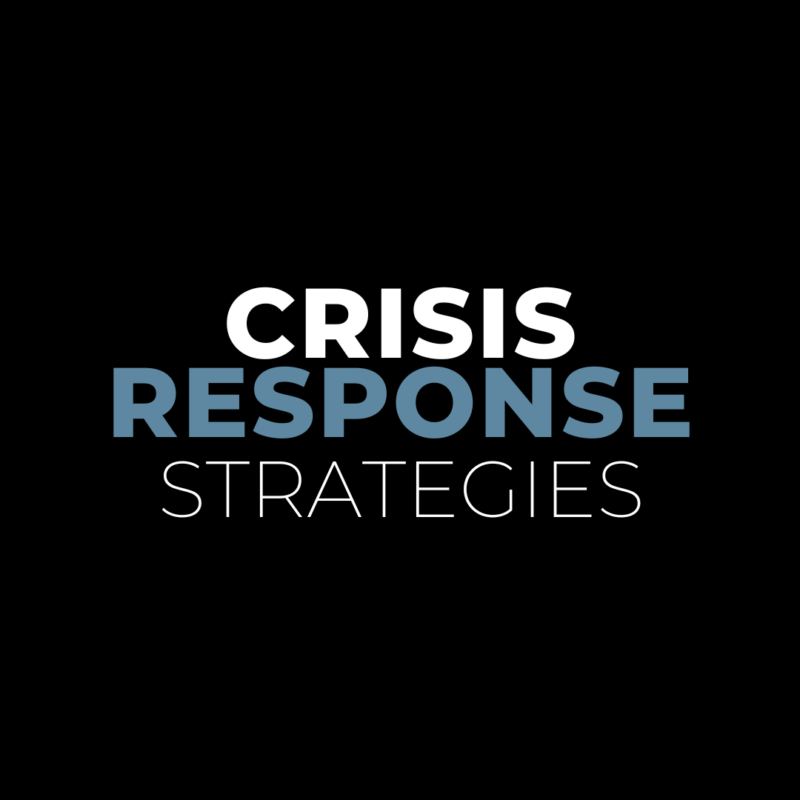No Punctuation Marks Were Harmed In Writing This Blog
During the holidays, I used some of my spare time to catch up on reading anything I could get my hands on – articles, periodicals, books, etc. Of everything I read, an article in the New Republic was probably the most interesting, telling and, possibly the most, alarming story I have read that could greatly impact interpersonal communication for years to come.
The New Republic published an article discussing how, perhaps, the simplest punctuation mark, the period, has been transformed into a subtext that can indicate anger or disappointment when used in electronic conversations, especially texting. Yes, you read that correctly. A punctuation mark used to finish a declarative sentence (which in itself is merely a “declaration” of a statement) has now entered a place in culture where it, if used, can imply anger or frustration.
The article indicated that the extra effort (and Twitter real estate) needed in adding a period to a sentence in written electronic communication was intended to imply aggression about the discussion, whereas a punctuation-free sentence (and I hear English teachers asking if this is even possible as I type this) is a casual, care-free zone.
Even further, the stats provided were telling. According to the article, a study by American University found that less than 50 percent of college students use periods at the end of both text messages and online chat conversations.
Personally, I find this quite disappointing. Without using punctuation to indicate the end of a thought or statement in written communication, especially when it segues into another statement, I feel that my absorption and understanding of the message becomes difficult to comprehend. It creates a distraction to the flow of how I read what is given to me. I could go on and on about how this is a further destruction of the English language, but instead, I am going to go a different direction.
The reality is, if this is entering our culture, we have to at least be mindful of it, as well as the messages that periods or no periods can imply when we communicate.
As communicators, especially those of us who still insist on using periods, we have to be aware, especially with younger audiences, that the period could mean to them that there is anger behind the statement, even if that is not our intent.
We may not be able to always have people communicate in the ways we want them to, traditional or not. However, if we are aware of different interpretations that exist in our society, we can strengthen our communication skills for the generations to come See what I mean


